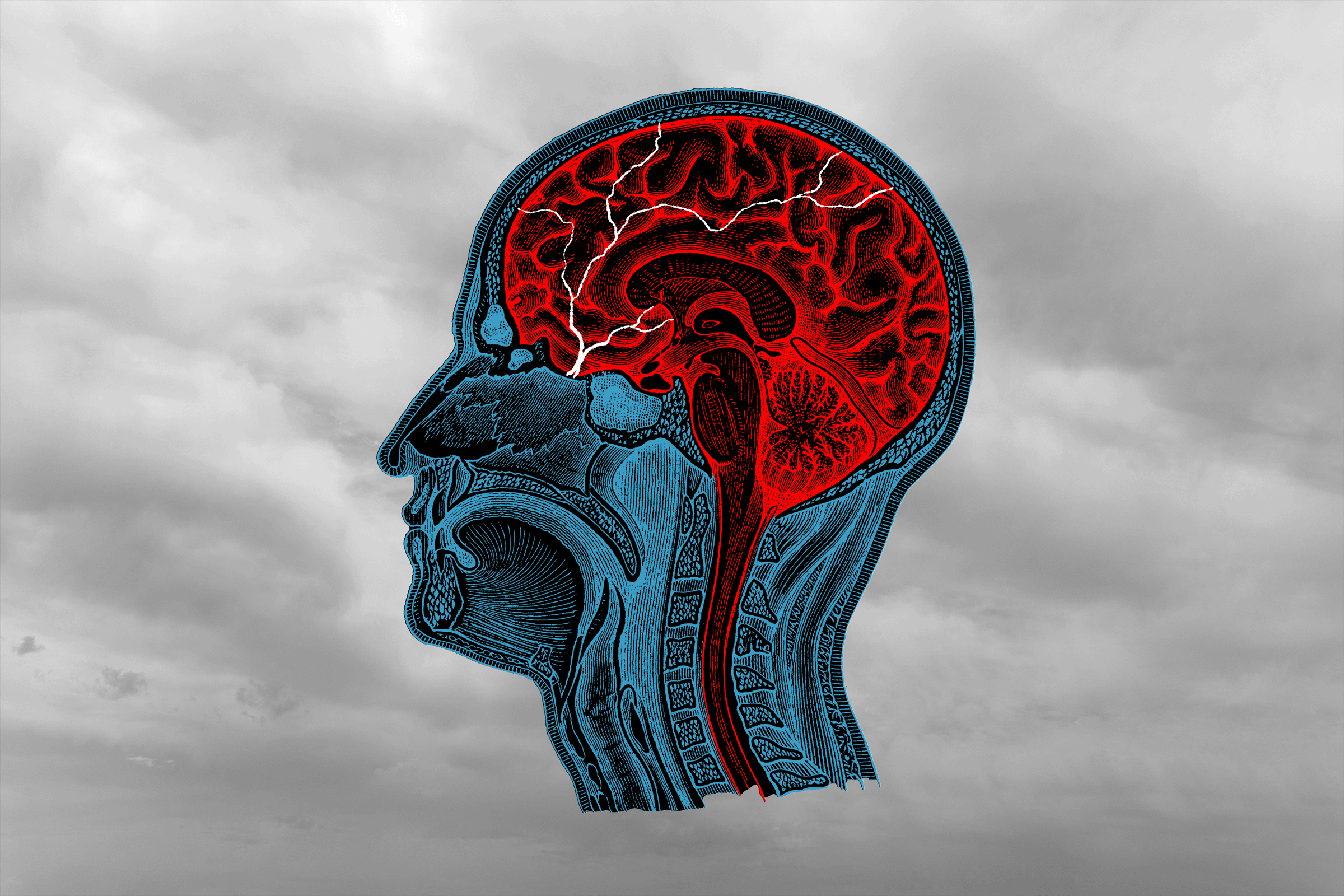The Rain in Spain Is Not Related to Your Pain
Medical books indicate that at least since the time of Hippocrates, around 400 BC, doctors and their patients have believed that arthritis pain is influenced by the weather. So certain has the relationship been that many doctors today encourage severely affected patients to move to milder climates. Yet scientific proof of a link between weather and arthritis pain has remained elusive.
Donald Redelmeier of the University of Toronto and Amos Tversky of Stanford University knew that people are easily bamboozled into seeing patterns where none exist. Research has shown, for example, that people often perceive patterns in such random series of events as stock price fluctuations or coin tosses. And studies comparing patients’ reports of arthritis pain and barometric pressure have varied in their results, with some showing no correlation, others showing a positive association and still others showing a negative association. Could the long-held belief be false?
Redelmeier and Tversky asked 18 arthritis patients--17 of whom said they believed their joint pain was linked to weather--to record joint pain levels twice a month for 15 months while physicians measured their joint tenderness and function. Local weather reports were also obtained. When the researchers put all the data into a computer, they found no relationship at all.
In a separate test, the researchers showed 97 college students paired graphs and told the students that one graph showed a patient’s daily arthritis pain for a month and the other showed barometric pressures on each of those days. Actually the numbers had been randomly selected by a computer. But in two of four such tests, students said they perceived a strong correlation between the two random graphs.
“Our results indicate that people tend to perceive an association between uncorrelated time series,” they wrote in last month’s issue of the Proceedings of the National Academy of Sciences.
The brain likes looking for coincidences, they said. And in the case of arthritis, selective memory also probably plays a role: People are probably more likely to notice weather changes when they are in pain, the researchers said, and ignore them when the pain is absent.




